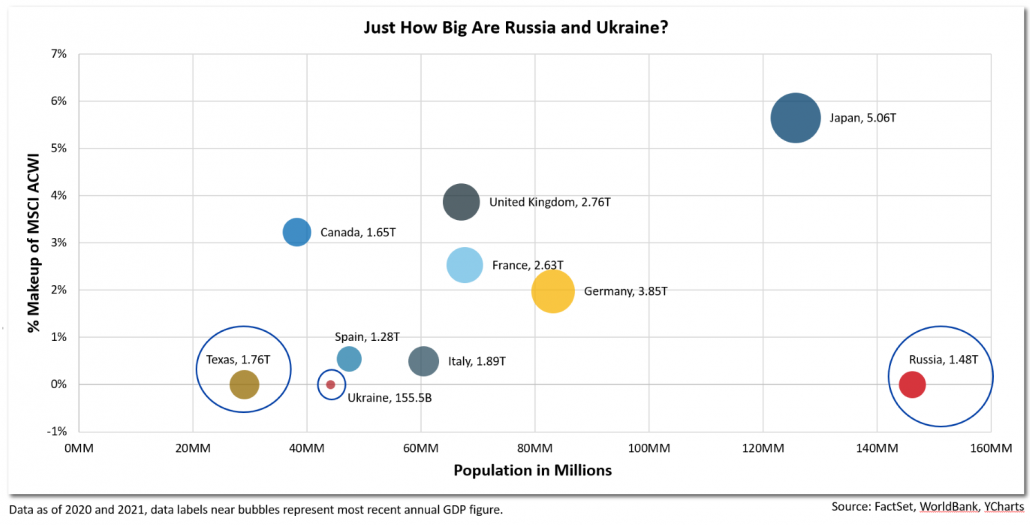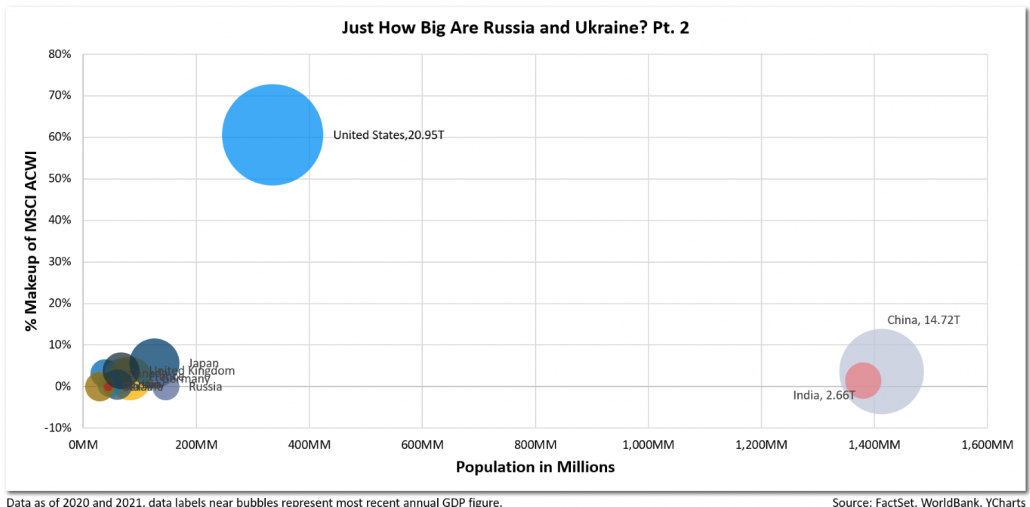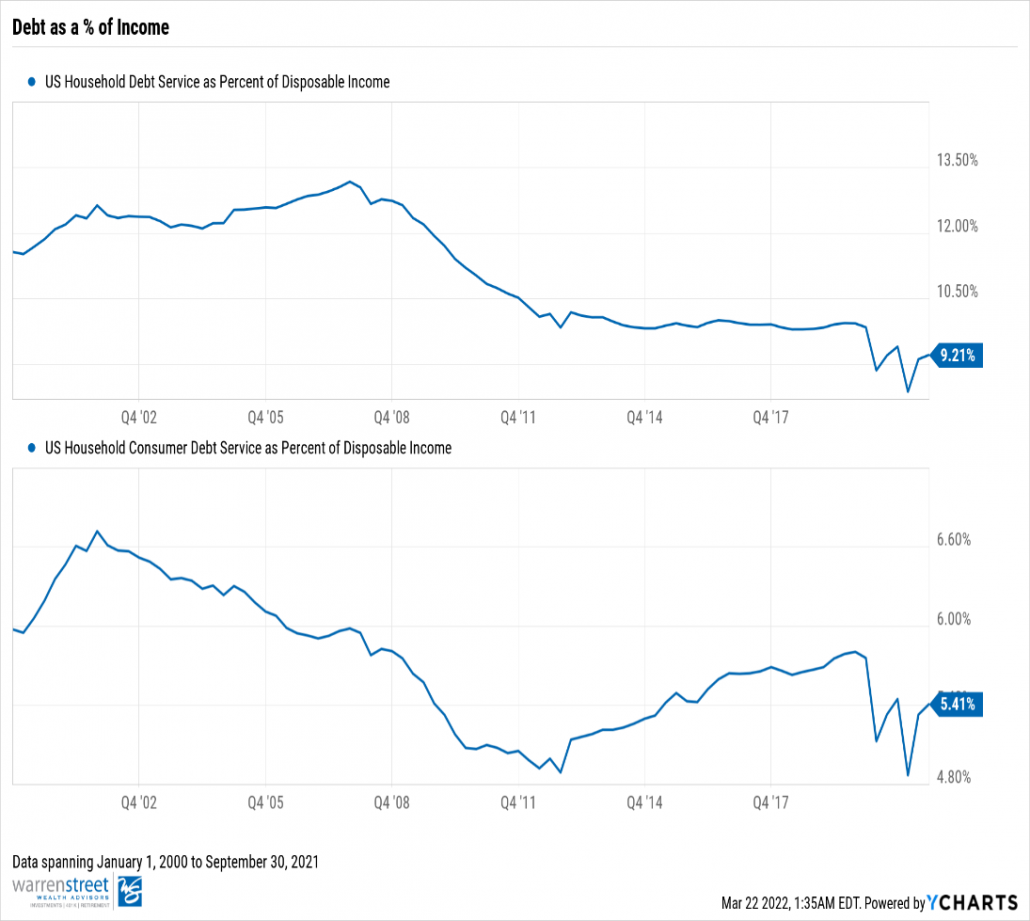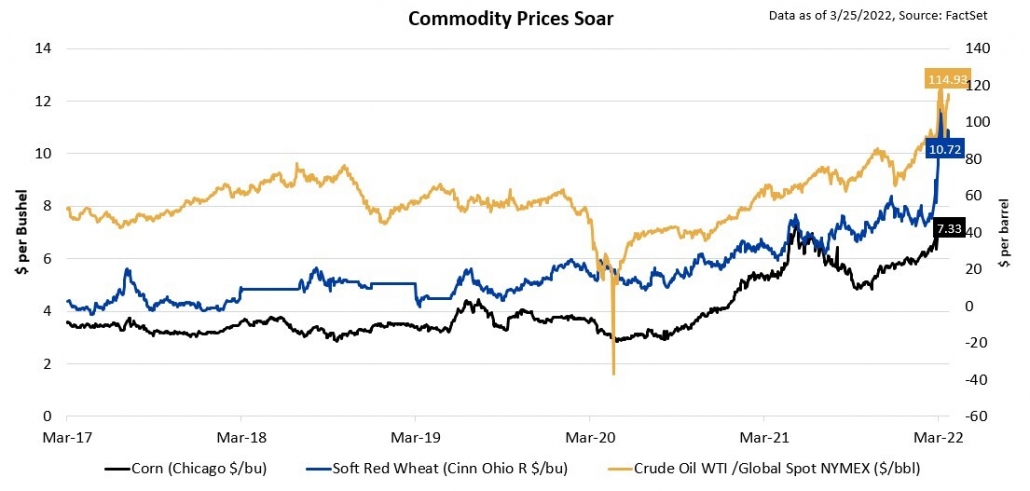3 Financial Best Practices for Year-End 2023
Scan the financial headlines these days, and you’ll see plenty of potential action items vying for your year-end attention. Some may be particular to 2023. Others are timeless traditions. Here are our three favorite items worth tending to as 2024 approaches… plus a thoughtful reflection on how to make the most of the remaining year.
1. Bolster Your Cash Reserves
With some high yield savings options currently offering ~5%+ annual interest rates, your fallow cash is finally able to earn a nice little bit while it sits. Sweet! Two thoughts here:
Mind Where You’ve Stashed Your Cash: If your cash savings is still sitting in low- or no-interest accounts, consider taking advantage of the attractive rates available in other options. If you’re unsure where to start, we can help you figure out whether a high yield savings account, a CD, or treasury bonds may make sense for you. Your cash savings typically includes money you intend to spend within the next year or two, as well as your emergency, “rainy day” reserves.
Put Your Cash in Context: While current rates across many accounts are appealing, don’t let this distract you from your greater investment goals. Even at today’s higher rates, your cash reserves are eventually expected to lose their spending power in the face of inflation. Today’s rates don’t eliminate this issue … remember, inflation is also on the high side, so that 5% isn’t as amazing as it may seem. Once you have your cash stashed in those high-interest savings accounts, you’re likely better off allocating your remaining assets into your investment portfolio—and leaving the dollars there for pursuing your long game.
2. Polish Your Portfolio
While we don’t advocate using your investment reserves to chase money market rates, there are still plenty of other actions you can take to maintain a tidy portfolio mix. For this, it’s prudent to perform an annual review of how your investments are growing. Year-end is as good a milestone as any for this activity. For example, you can:
Rebalance: In 2023, year-to-date stock returns may warrant rebalancing back to plan, especially if you can do so within your tax-sheltered accounts. If you are an existing Warren Street client, this is already being handled on your behalf.
Relocate: With your annual earnings coming into focus, you may wish to shift some of your investments from taxable to tax-sheltered accounts, such as traditional or Roth IRAs, HSAs, and 529 College Savings Plans. For many of these, you have until next April 15, 2024 to make your 2023 contributions. But you don’t have to wait if the assets are available today, and it otherwise makes tax-wise sense.
Redirect: Year-end can also be a great time to redirect excess wealth toward personal or charitable giving. Whether directly or through a Donor Advised Fund, you can donate highly appreciated investments out of your taxable accounts and into worthy causes. You stand to reduce current and future taxes, and your recipients get to put the assets to work right away.
3. Minimize Your Taxes
Speaking of taxes, there are always plenty of ways to manage your current and lifetime tax burdens—especially as your financial numbers and various tax-related deadlines come into focus toward year-end. For example:
RMDs and QCDs: Retirees and IRA inheritors should continue making any obligatory Required Minimum Distributions (RMDs) out of their IRAs and similar tax-sheltered accounts. With the 2022 Secure Act 2.0, the penalty for missing an RMD will no longer exceed 25% of any underpayment, rather than the former 50%. But even 25% is a painful penalty if you miss the December 31 deadline. If you’re charitably inclined, you may prefer to make a year-end Qualified Charitable Distribution (QCD), to offset or potentially eliminate your RMD burden.
Harvesting Losses … and Gains: Depending on market conditions and your own portfolio, there may still be opportunities to perform some tax-loss harvesting in 2023, to offset current or future taxable gains from your account. As long as long-term capital gains rates remain in the relatively low range of 0%–20%, tax-gain harvesting might be of interest as well. Work with your tax-planning team to determine what makes sense for you. If you are an existing Warren Street client, we will automatically tax loss harvest for you.
How else can we help you tend to your 2023 plans and till the soil for 2024? Please be in touch for additional ideas and best-practice advice.

Cary Facer
Partner Emeritus, Warren Street Wealth Advisors
Investment Advisor Representative, Warren Street Wealth Advisors, LLC., a Registered Investment Advisor
The information presented here represents opinions and is not meant as personal or actionable advice to any individual, corporation, or other entity. Any investments discussed carry unique risks and should be carefully considered and reviewed by you and your financial professional. Nothing in this document is a solicitation to buy or sell any securities, or an attempt to furnish personal investment advice. Warren Street Wealth Advisors may own securities referenced in this document. Due to the static nature of content, securities held may change over time and current trades may be contrary to outdated publications. Form ADV available upon request 714-876-6200.













